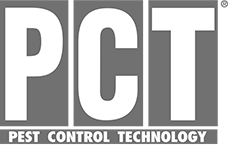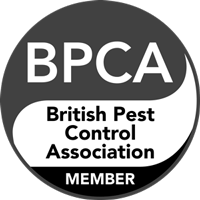Table of Contents
Our towns and cities are full of pigeons. But did you know that just under half of the feral pigeon population here in the UK carry infectious diseases that can be transmitted to humans? So, what diseases do pigeons carry? Feral pigeons can carry up to 60 different varieties of pathogens at a time, placing us all at risk of catching a dangerous disease or a life-threatening illness.
At Integrum, we are bird control experts, and we know the dangers that pigeons can carry. So, we’ve put together a list of the most common diseases carried by pigeons, including their symptoms and how you can prevent infection using effective bird control methods.
Which diseases do pigeons carry?
There are a vast number of diseases that pigeons carry, each with varying degrees of severity, symptoms and outcomes. Not only are they carriers of pathogens, but also parasites who too carry their own bacteria and spread disease.
Let’s take a look at the most common diseases carried by pigeons, and their effect on the human body once transmitted.
Psittacosis
Psittacosis, commonly referred to as ornithoses, is a disease prominent in birds, including pigeons. It is caused by the bacterium C. psittaci which is highly infectious and able to spread rapidly.
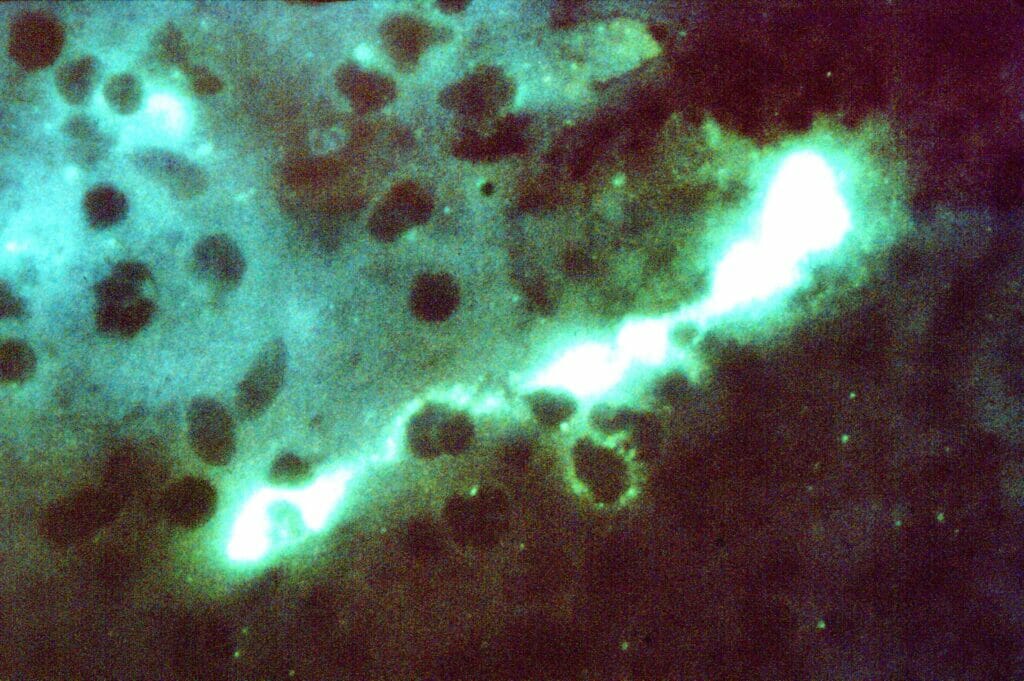
Once transmitted to humans, this bacteria develops into a disease known as psittacosis. Common symptoms in humans with ornithoses include:
- High temperature
- Tight chest and difficulty breathing
- A persistent dry cough
- Chills and fatigue
- Blurred vision
- Aches and muscular pains
- Coughing up blood
The severity of the disease will ultimately depend on each individual’s immune system and overall health. In some cases, the infection may present itself as mild flu-like symptoms that last around 7-10 days.
However, the disease may manifest itself similarly to pneumonia in more severe circumstances, leading to further respiratory complications and even death. Psittacosis can also cause inflammation of brain tissue and, if left untreated, could result in irreversible brain damage.
Histoplasmosis
One of the most common diseases spread by pigeons to humans is histoplasmosis, caused by the fungus Histoplasma. Like psittacosis, it is highly infectious, although it isn’t quite as deadly.
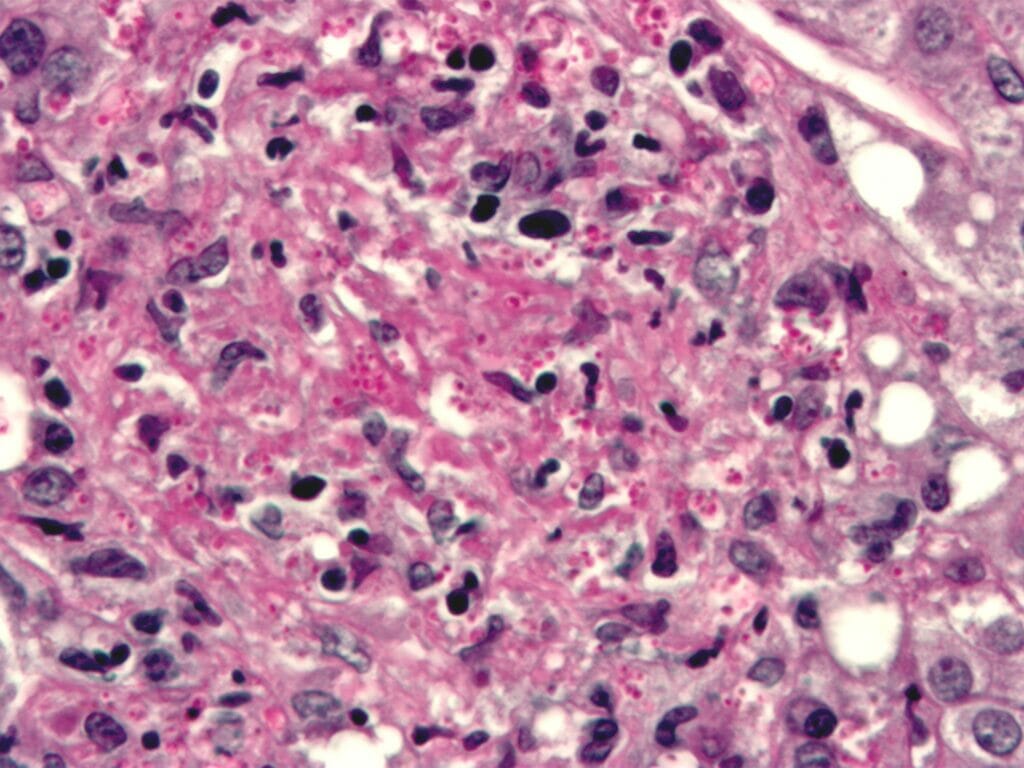
Symptoms of histoplasmosis are also flu-like. They include:
- A dry cough
- Fatigue
- Dull headaches
- Muscular aches
- Chills
- Fever
Generally, most people who contract the disease can recover without medical help or medication within two weeks. However, those with existing health complications and weakened immunity may suffer from further complications and respiratory issues.
Cryptococcosis
Cryptococcosis is caused by a fungus named Cryptococcosis neoformans and can present itself in various forms, attacking different parts of the body depending on the type.
The pulmonary form of the virus attacks the lungs and leads to respiratory difficulties and infections, with common symptoms including:
- Tight chest
- Fever
- Chills
- Dry cough
- Headaches
- Fatigue
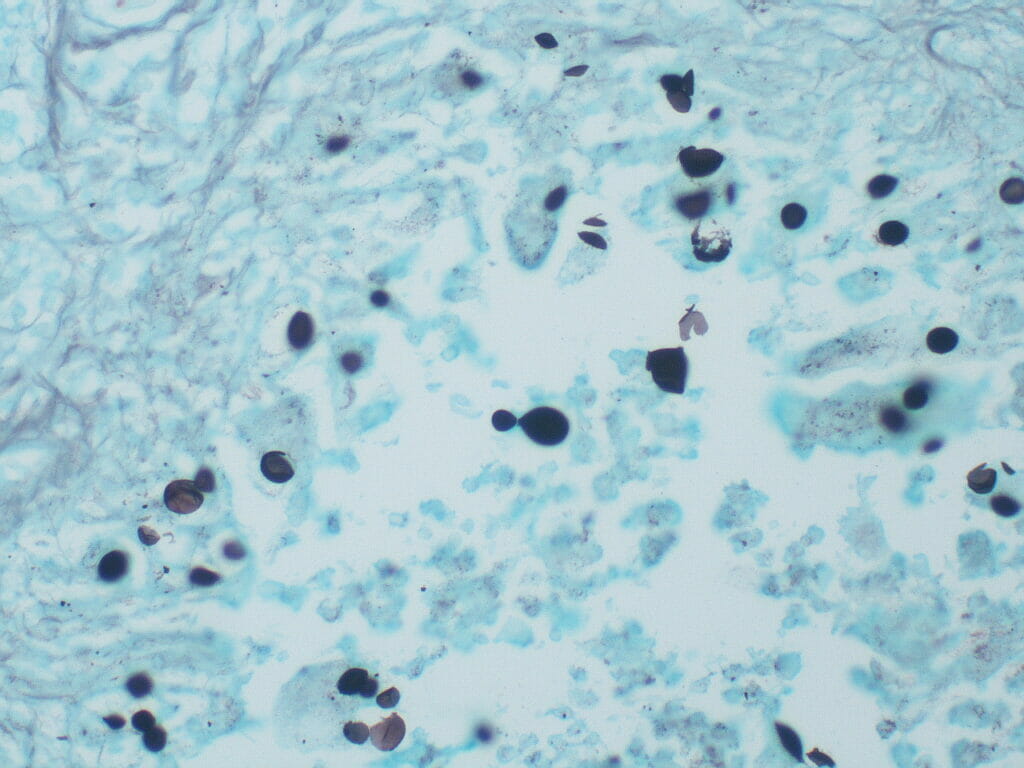
If left untreated or not treated quickly enough, cryptococcosis can spread around your body to the brain, kidneys, and skin. Unfortunately, if this occurs, the symptoms become much worse and your chance of death increases. As well as the above signs, the more severe symptoms include:
- Hydrocephalus
- Failing sight
- Papules across your body
- Ulcerous sores
- Nausea
- Confusion
- Double vision
- Cold sweats
- Swollen glands
- Skin rash
- Weight loss
- Internal bleeding
- Abdominal pain and swelling
- Numbness in extremities
In the most severe cases, cryptococcosis can turn into meningitis which can cause life-threatening blood poisoning or result in long-term, permanent brain or nerve damage.
E. coli.
Most people are familiar with the bacteria E. coli (Escherichia coli), as it is most commonly associated with food poisoning. However, it is also carried and spread by pigeons.
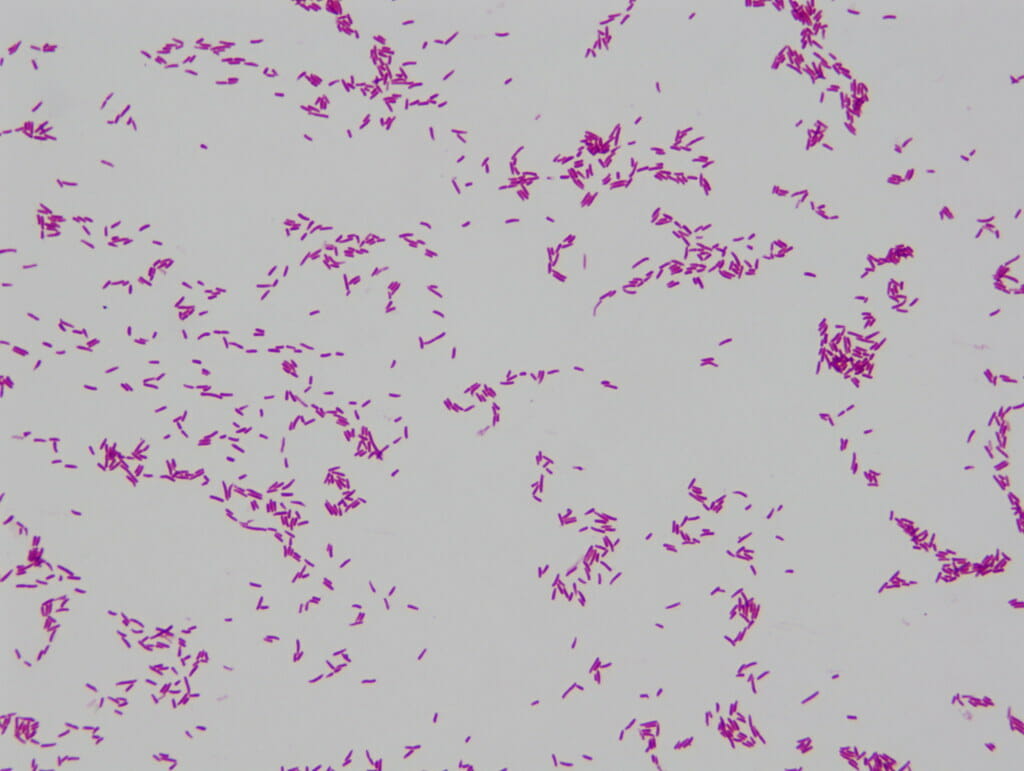
Unlike cryptococcosis, most cases of E. coli infections are not life-threatening. Most people who ingest the bacteria are able to fight off the infection on their own in less than a week. However, those who are more susceptible to illness may find themselves with lasting complications in the form of kidney failure.
The symptoms of E. coli are similar to those of food poisoning, including:
- Fatigue
- Shakiness
- Abdominal pain and cramps
- Diarrhoea
- Nausea
Salmonellosis
Salmonellosis is very similar to E.coli. The infection comes from the bacterium salmonella, which is also a common cause of food poisoning. Most people who contract the bacteria are able to fight off the disease themselves in less than a week. The symptoms of salmonellosis are the same as those listed above for E. coli.
How do pigeons spread disease?
So, now you know some of the potential diseases you’re at risk of catching from pigeons, but just how do pigeons spread these diseases to humans? With up to 49 per cent of feral pigeons carrying infectious diseases, it’s vital to know how to protect yourself from such dangers; to do so, you need to know how they are transmitted.
The primary method of transmission is droppings. Pigeons congregate and perch on buildings, windowsills, and ledges across our country and wherever they go, they leave their droppings, also commonly referred to as guano. Over time, these droppings dry up and turn to dust.
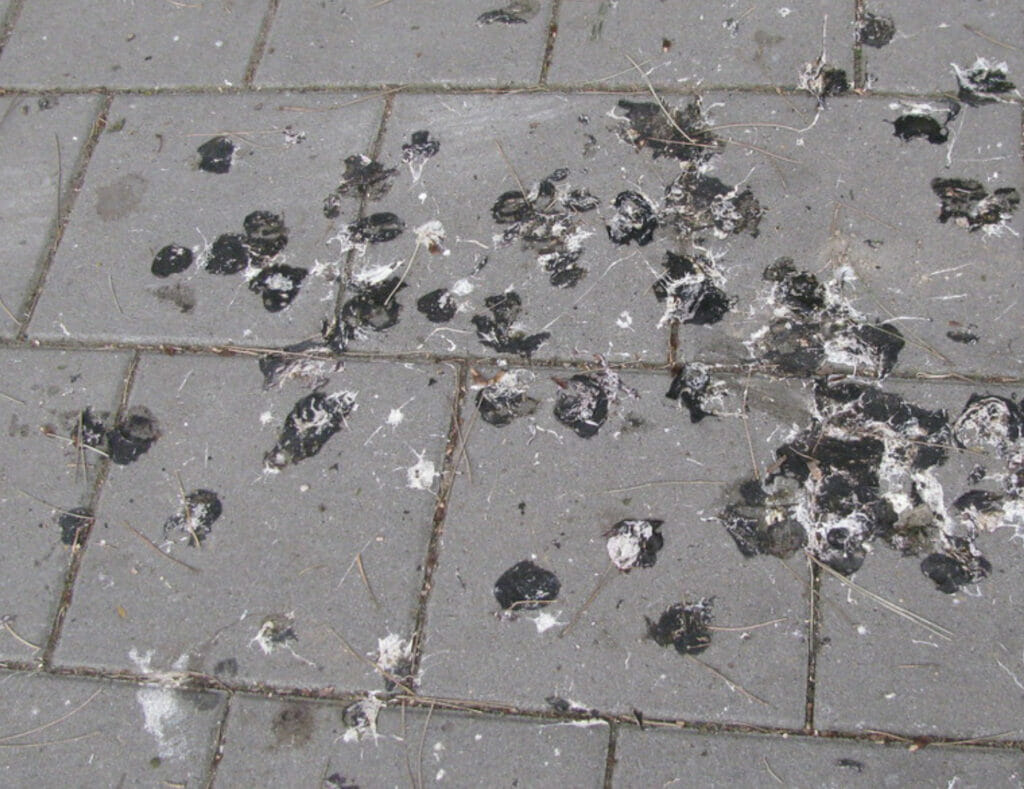
These contaminated dust particles then become airborne and are inhaled regularly by passers-by as they’re kicked up via footsteps or the wind. Once contaminated particles reach the lungs, they are absorbed into the bloodstream. Now they’re in your blood, the bacteria or fungus can spread around the body and cause an infection or disease, like the ones mentioned above.
This can also happen from directly coming into contact with pigeon droppings. Droppings are a nuisance; they get all over your windows, and can even become a slip hazard on the ground below. If you attempt to clean pigeon droppings on your property, wear a face-covering to prevent inhalation, wash your hands, and disinfect the contaminated area.
Or, to keep you and your loved ones safe, why not leave it to the professionals? Here at Integrum, we offer expert pigeon dropping removal services to have your home or business guano free in no time.
How to get rid of pigeons & their diseases
Staying safe from such dangerous diseases can be difficult due to the sheer amount of pigeons in the UK. Yet there are several options for pigeon proofing your home to maintain your safety, including:
If you find a large amount of pigeons nesting or roosting on your property or in your garden, then it’s a good idea to make your home less appealing to them – especially during bird nesting season. Remove any birdbaths or feeders you have, and keep your garden well maintained to encourage them to choose an alternative location. You can also try bird scarers around your garden to scare the pigeons away, but remember they are smarter than you might take them for! Opt for scarers that move or reflect light, as they tend to be more effective.
Please be aware that under the Wildlife and Countryside Act 1981, it is illegal to kill or injure any bird, and it is only permissible with a legal and relevant license. Breaking this law can result in hefty fines and even a prison sentence.
If you’ve had enough of pigeons roosting on your land, then it’s time to call your pigeon control experts. It’s not worth risking a criminal conviction; instead, call our friendly team today on 0204 566 5522 or email us via [email protected] to discuss your pigeon control needs.
We have fully licensed and experienced bird control technicians with extensive knowledge of pigeons and the risks they carry. Attempting DIY bird control puts you at an increased risk of contracting diseases, so leave it to us, Integrum, your local pigeon control experts.



